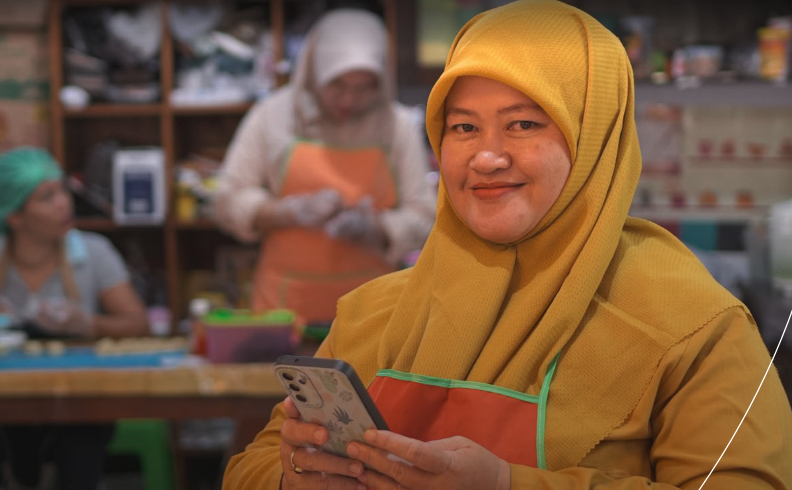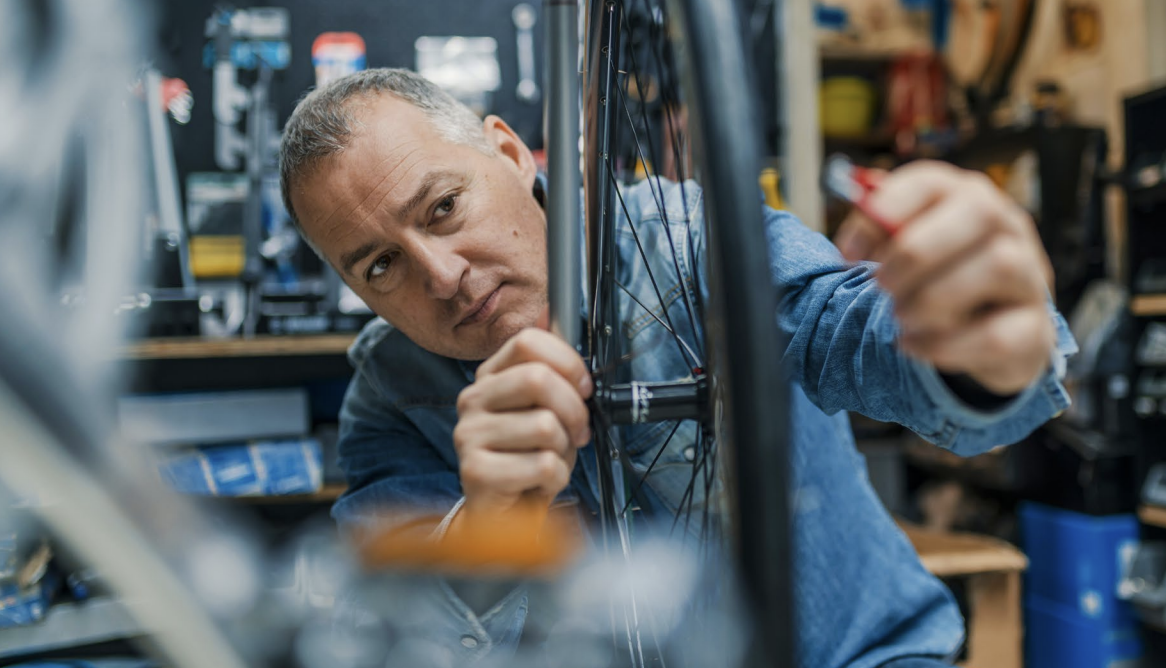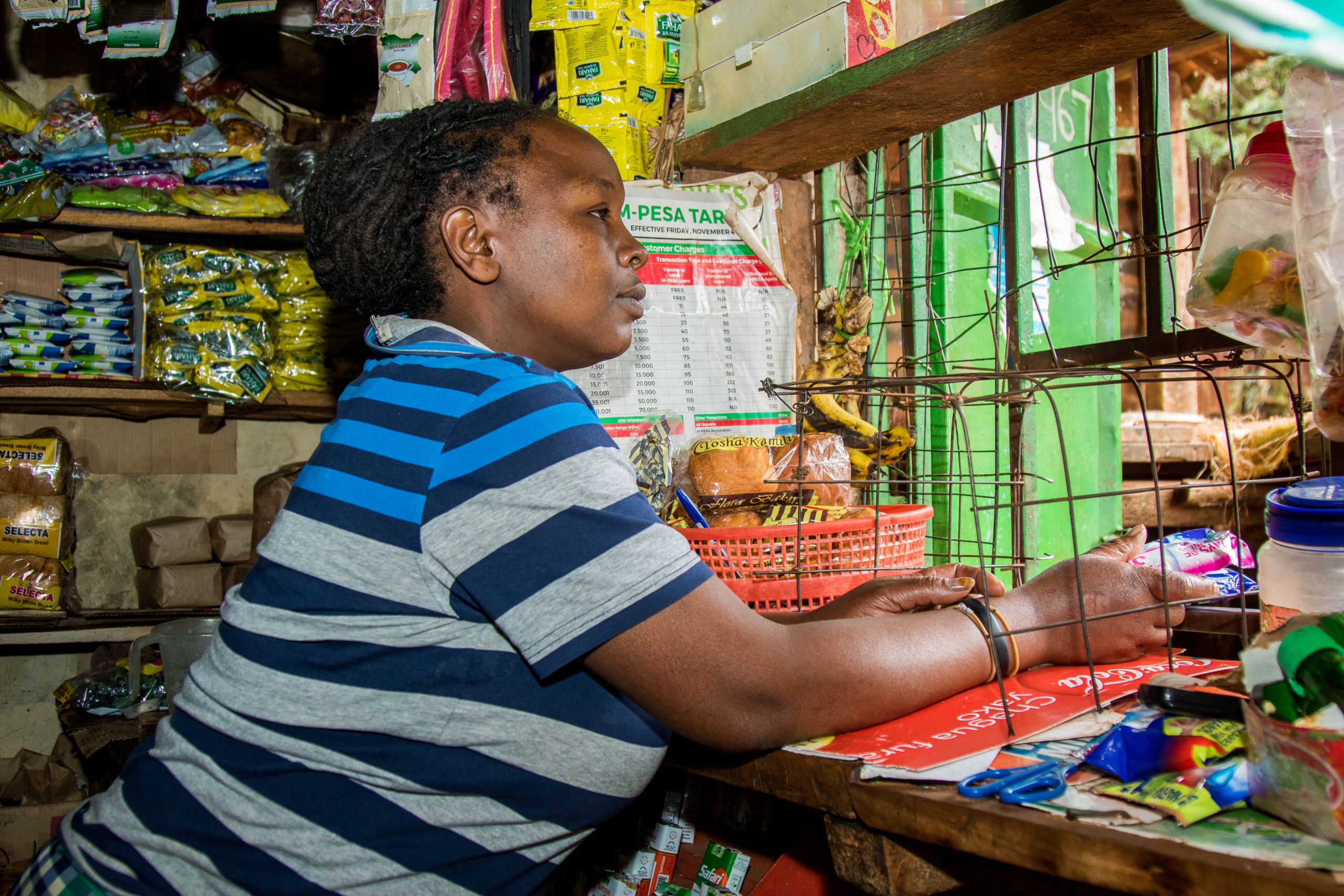

Striving to Thrive: The State of Indonesian MSEs in 2025
Indonesia is home to over 62 million micro, small, and medium enterprises (MSEs), with microenterprises comprising 99% of this total. These enterprises contribute significantly to the economy, employing 97% of the workforce and accounting for 61% of the Gross Domestic Product (GDP). However, they face substantial challenges, including limited access to credit, difficulties in market expansion, low adoption of digital tools, and barriers to implementing sustainable business practices.
Mastercard Strive in Indonesia aims to empower Indonesian micro and small businesses to succeed in the digital economy. As part of this work, 60 Decibels ran a study on Indonesian micro and small enterprises, hearing from them directly to understand their business challenges and hopes for the future. This report aims to provide insights into the current landscape of Indonesian MSEs, highlighting key challenges, opportunities, and recommendations for fostering their growth and resilience.
The findings in this report are based on surveys conducted between October and December 2024, covering 827 micro and small enterprises. These enterprises represent various industries, including food and beverage, fashion, and crafts. The data captures their financial health, support service utilization, digital adoption, market access, sustainability practices, and future outlook. The report also includes spotlights on the lived experiences of entrepreneurs accessing external credit and business support services. It attempts to understand how Indonesian enterprises are looking at market expansion, and the implementation of sustainability practices.
10 things we learned from Indonesian MSEs
-
The growth and revenue of Indonesian MSEs continues to be a story of highs and lows
While 40% of MSEs reported revenue growth over the past year, an equal proportion experienced declines, highlighting a varied business performance. Small businesses outperform micro businesses in revenue growth, with nearly 60% of small enterprises reporting revenue increases, compared to only 40% of micro businesses.
-
A majority of MSEs are informal and unregistered, with micro-businesses and younger enterprises leading this trend
Around half the surveyed businesses report a lack of registration or certification, which likely limits their ability to access market opportunities and financial support. The informality rate is significantly higher among micro businesses (55%) compared to small businesses (26%).
-
Many of these MSEs are ambitious, aspiring to reach larger markets and expand their customer base. However, a variety of barriers limit their ambitions
Nearly 50% of entrepreneurs aspire to expand, but financial constraints (56%) and limited market knowledge (22%) hinder these goals. Competition from larger firms is a key barrier for 70% of businesses.
-
Business support services, be they for digital marketing, peer networking, or digitalisation, show demonstrable impact on MSE growth and resilience. And yet, they remain underutilised
While 81% of businesses that accessed support found it useful, over 60% of MSEs report not having used any business support services in the past 12 months.
-
Despite this underutilisation, there is strong appetite for specific types of support, especially digitalisation, business mentoring, and financial management
Approximately 40% of MSEs seek digital marketing and business mentoring support, while a fifth seek financial management training.
-
Financial management support, followed by promoting credit access for MSEs can be the gateway to integrating MSEs into the larger business ecosystem
Businesses that accessed loans were more likely to have also engaged with business support services, suggesting that those seeking external finance are more inclined to explore additional growth resources.
-
Government and local peer and community networks are critical pillars of support for MSEs, and could be key to bridging the gap for MSEs that are currently limited by structural barriers
While 68% of businesses prefer government-related entities as their primary support providers, 45% rely on family and community networks, indicating the importance of localized interventions.
-
Women-led businesses are proving resilient and tech- forward, and targeted focus on this segment could accelerate improved market access for a significant proportion of MSEs
Women-led enterprises are more likely to operate hybrid business models combining physical stores and online platforms (29% vs 23% of men-led MSEs), showcasing their adaptability to digital transformation.
-
Green practices aren’t yet the norm, and businesses report this is mainly due to high costs involved in going green. However, going green helps build resilient businesses
While 60% of MSEs understand sustainable practices, over 20% have not implemented any, citing cost and availability of eco-friendly materials as key barriers.
-
MSEs are optimistic but cautious about business growth
Over 50% MSEs report expecting their business to grow moderately in the coming year. Of these, over 40% report expecting increases in revenue and store expansion.
Who did we listen to?
Respondents included owners, senior executives, directors, and managers. The participating businesses represent a diverse range of locations, sizes, sectors, years of operation, and owner demographics, including gender.18
- Business Location: Businesses are mostly located in West Java (22%), Central Java (19%), and East Java (18%).19
- Business Ownership: Nearly eight out of ten MSEs reported owning their respective businesses, reflecting a strong culture of entrepreneurship.
- Business Size: 83% of respondents are classified as microenterprises, with one to four employees; 17% are small enterprises, with 5 to 19 employees. 52% of the micro enterprises operate as solo entrepreneurs. More women report having micro businesses, when compared to men (85% vs 79%). However, women are more likely to report ownership of their business, compared to men (82% vs 71%).
- Business Tenure: Nearly 40% of businesses have been operational for over 10 years. 28% reported being operational for between 4-6 years. Less than 1% of the businesses reported being under a year old.
- Business Leadership by Gender: Over 50% of the MSEs are run by women. 32% of the businesses are run by men, and approximately 15% are jointly owned.
Keen to dig deeper? Check out last year’s report below.

